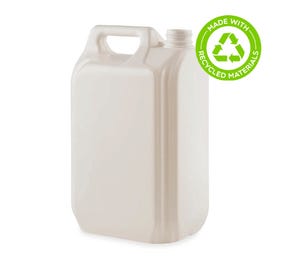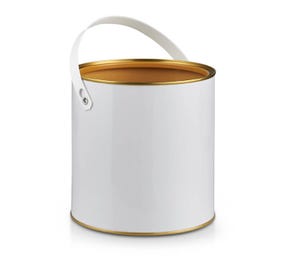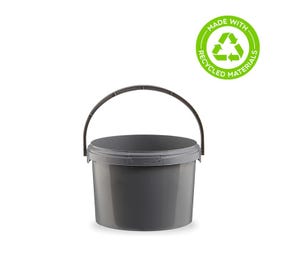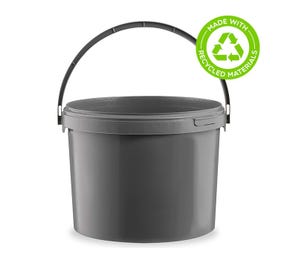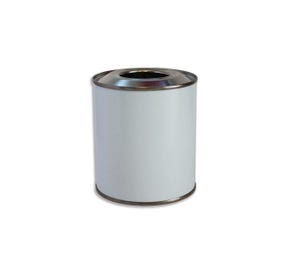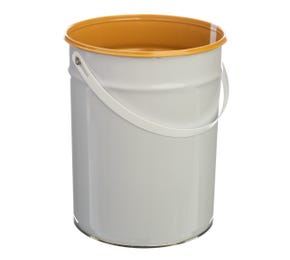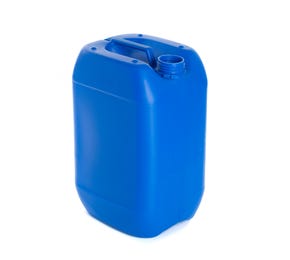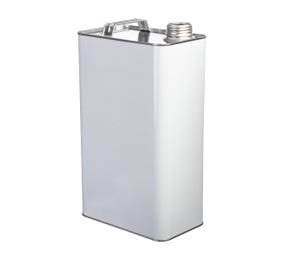WHOLESALE PACKAGING
We are a wholesale packaging supplier and we source the best packaging from across the UK and Europe. View our most popular products below.
PLASTIC CONTAINERS
Invopak stock plastic containers in every size, shape and style. Our rigid plastic packaging range includes; buckets and bottles, food tubs and Jerry Cans.
RECYCLED CONTAINERS
We continue to expand our range of recycled PCR containers. We now supply recycled Jerry Cans as standard and our recycled buckets are an industry-leading with 70% recycled content.
METAL CONTAINERS
Our range of wholesale lever lid tins is produced by some of Europe's leading manufacturers. We offer a wide range of sizes in both lacquered and unlacquered options.
PLASTIC CONTAINERS
Invopak stock plastic containers in every size, shape and style. Our rigid plastic packaging range includes; buckets and bottles, food tubs and Jerry Cans.
RECYCLED CONTAINERS
We continue to expand our range of recycled PCR containers. We now supply recycled Jerry Cans as standard and our recycled buckets are an industry-leading with 70% recycled content.
METAL CONTAINERS
Our range of wholesale lever lid tins is produced by some of Europe's leading manufacturers. We offer a wide range of sizes in both lacquered and unlacquered options.
UK & EUROPEAN SUPPLIERS
We are a wholesale packaging distributor and have been sourcing our packaging from the best manufacturers across the UK and Europe since 1974. We the UK's leading bottle container supplier, and with easy online ordering, we are your local packaging wholesaler, wherever you live in the UK.
Our Jerry cans are made in the Midlands, and we source our aluminium bottles from France, our buckets from Germany, and our tin plate from Italy.
We also deliver via road and rail, so the packaging that we supply has a lower carbon footprint; this means that Invopak is an excellent choice for the environment as well as your business.
If you'd like to find out more about our sustainability strategy, please click on the Sustainability Hub below.
OUR SERVICES
PALLET STORAGE
Secure, long term, commercial pallet storage solutions at highly competitive prices in the heart of the UK.
DESIGN & PRINTING
Our in-house team can create bespoke artwork for your packaging as well as rebranding and logo design.
IT SUPPORT SERVICES
Friendly, affordable & consistent IT Support for businesses in Greater Manchester and across the UK.



